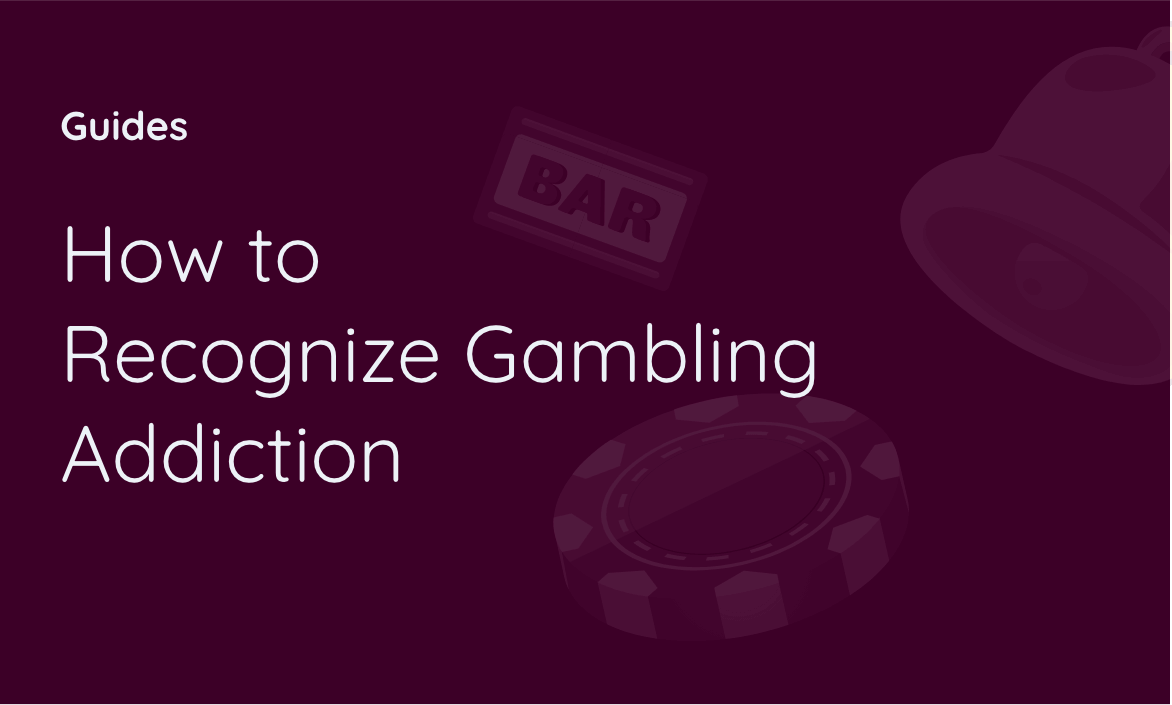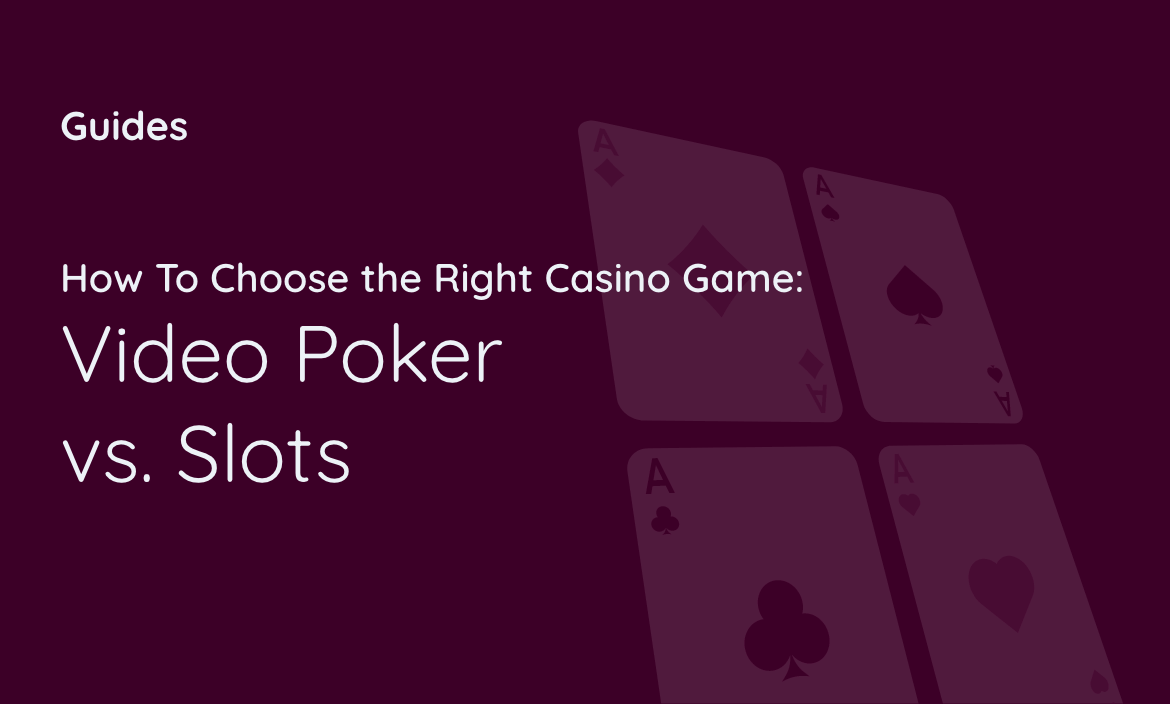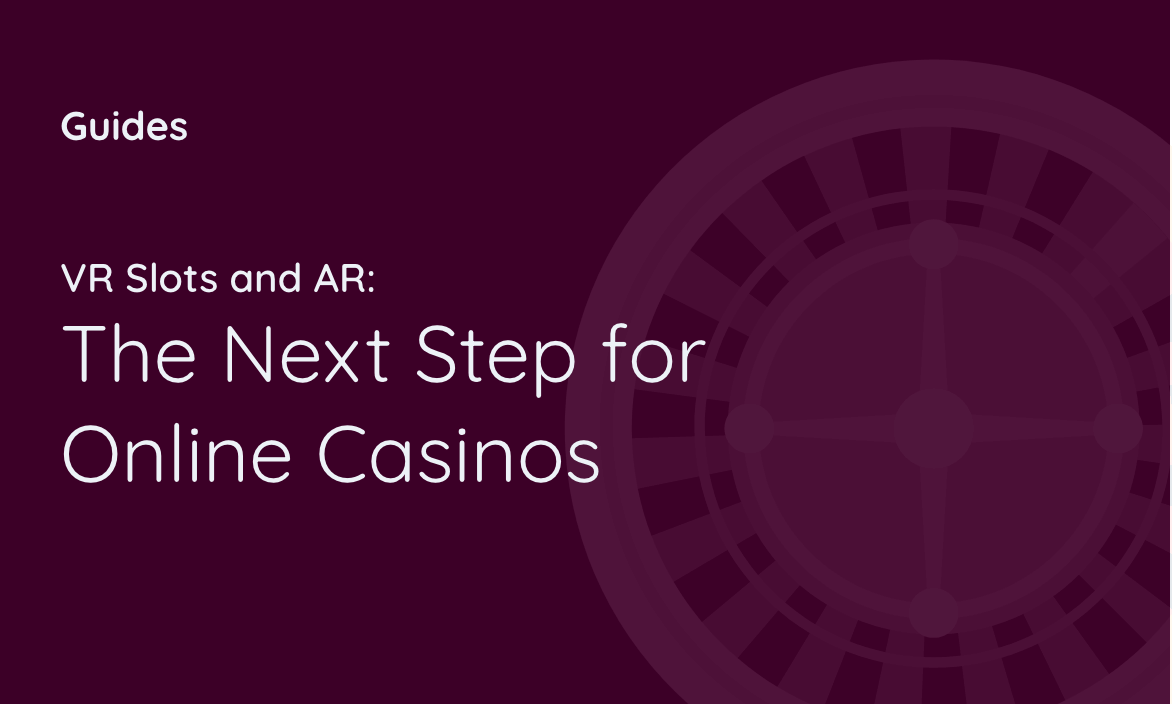Most people gamble responsibly. But it’s a thin line between gambling as a social activity and a gambling disorder. That’s why it’s important to keep an eye out for signs of gambling addiction, which is characterized by a compulsive engagement in this activity despite the harmful consequences.
Unlike substance abuse issues that involve physiological dependence, compulsive gambling is an impulse-control disorder associated with psychological dependence. Of course, this doesn’t make it any less dangerous. Pathological gambling can have profound consequences on your health, finances, and personal relationships.
The most obvious signs of a gambling disorder include obsessive thoughts about gambling activities, a growing tolerance to risk, chasing losses, and repeated unsuccessful attempts to stop gambling.
Rise of online gambling fuels addiction
Not surprisingly perhaps, traditional brick-and-mortar casinos are becoming a sideshow in today’s high-tech world. With the rise of online gaming sites, some have managed to spend entire fortunes on gambling without even venturing into a land-based casino.
These easily accessible gambling venues offer new avenues for people to risk their cash on unpredictable events. Research shows that many new players are drawn to these sites out of mere boredom, but some quickly get addicted to gambling.
In addition to convenience, technological advancements are also contributing to making gambling more socially acceptable. The simple fact is that most people don’t associate a costly gambling binge with someone placing a few bets through their mobile device.
In fact, the majority of those who bet online think they are perfectly capable of controlling their gambling habits. In reality, they become consumed by this activity. Both winning and losing are part of the thrill. When they triumph, they enjoy the rush, and when they’re losing, they keep playing to make up for the loss.
The life of a compulsive gambler is often defined by their harmful gambling behavior. But one of the biggest challenges in tackling addiction is denial. Acknowledging one’s problems is generally considered the most challenging part of the recovery process. According to recent studies, 80% of gambling addicts in the UK never seek help.
That’s despite the existence of many different organizations that provide help and advice on compulsive gambling. These include the National Gambling Helpline and Gamblers Anonymous. Gambling addicts can also turn to debt support organizations.
Video games & gambling
A growing number of experts are warning about the links between video games and gambling. Numerous studies show that there is, in fact, a correlation between the two. A report published by the UK’s House of Lords earlier this year revealed that the country has more than 50,000 problem gamblers aged between 11 and 15. The same report points to elements embedded in the video games that are contributing to the development of a gambling addictive disorder in young children.
Researchers used to believe that so-called “loot boxes” were the main culprit. But now we know that there are other components that have the same effects on minors, including social casino games, token wagering, e-sports betting and real-money video gaming. All of these are considered to be causes of gambling addiction.
A “loot box” is a term used to describe any virtual item inserted into a game that a player can purchase using in-game currency or real money. It’s associated with gambling because its contents are unknown at the moment of payment.
The broadly held view is that this kind of gaming reward system, where players are stimulated by unknown prizes, leads to the development of an impulse-control disorder. If somebody has an addictive personality, then this can be the start of an online gambling addiction.
People generally prefer an organized life with daily routines and habits. When something doesn’t go the way we planned, we immediately feel discomfort and look for a quick fix. It’s the same with gambling.
Gamblers are happy as long as they are winning, but despair sets in when they’re losing. They try to make adjustments and cut their losses, but that’s quickly followed by withdrawal symptoms. In addition to being hungry for a new “high,” they find it extremely difficult to part with the daily routines of their gambling lifestyle.
In short, this is a mental health disorder that leads to depression, anxiety, sleep deprivation, financial trouble and social isolation. Below are some of the most common compulsive gambling symptoms:
- Spending too much time gambling
- Unsuccessful attempts to cut back on or stop gambling
- Continuing to gamble despite issues with relationships, work, school, or home life
- Constantly chasing the next win to compensate for the last loss
Identifying a gambling problem
Problem gambling can manifest itself in many different ways. It depends on each individual and the extent of the problem. The first thing you need to do is ask one simple question: Do I have a gambling problem? The key is to identify troubling patterns and start your treatment as early as possible.
The only effective way to succeed is to admit to yourself that you have developed an addiction and that you have a problem. The longer you live in denial, the more difficult the treatment will be. Seeking professional help is the first step in gambling addiction treatment.
The treatment process can be long and hard, but that shouldn’t stop you from getting help. It doesn’t matter that you’ve identified only one of the most common signs of compulsive gambling. Without real treatment, your addiction will only get worse.
Even though different people exhibit different symptoms, there are important similarities that underscore the dangers of compulsive gambling.
Signs of gambling disorder
Obsessing about gambling: Most problem gamblers are constantly thinking about their next bet and how to improve their game. Whether they are at home or at work, the only thing on their mind is gambling. They also stay up to date on all the changes and news in the gambling world. They prioritize gambling over everything else.
Chasing losses: Problem gambling by definition is the inability to resist certain urges. Problem gamblers cannot accept their losses. They feel that the next hand or game is the winning one. Most are completely incapable of realizing that they are on a losing streak and continue to chase what they’ve lost.
Money for gambling: Compulsive gamblers frequently borrow money from family and friends to cover their losses. When they exhaust all the different avenues for securing revenue, they often turn to criminal activity. These are some of the more dangerous effects of gambling. Problem gamblers are known to engage in robberies in order to secure the cash to cover gambling debts.
Chasing thrills with high-stakes bets: This characteristic is often associated with individuals who make gambling their number one priority in life. They neglect all other aspects of their lives starting with daily living expenses. This is an effective formula for bankruptcy and financial ruin.
Inability to pay bills: You should only gamble with money you can afford to lose. One of the more prominent gambling addiction signs is failing to hold onto money that you set aside for utility bills and other financial obligations.
Relationships: A gambling addiction makes it difficult to care about anything else. You spend all your time obsessing about the game and how to get the money you need to keep playing. Naturally, a gambler neglects his friends and family. Anybody who suffers from this disorder will jeopardize the most important relationships in their lives. For many loved ones, these are obvious warning signs of gambling addiction.
Disappointment and failure: Problem gamblers get overwhelmed with feelings of disappointment and failure. This is mostly caused by their inability to control their urge to gamble. Withdrawal symptoms are some of the toughest parts of both the addiction and recovery process. Like with any other addiction, gambling addicts tend to exhibit withdrawal symptoms such as mood swings, anxiety, irritability and depression. Gambling and depression go hand in hand and can even lead to suicidal thoughts.
Unsuccessful attempts to stop gambling: One of the most important signs that you are suffering from gambling addiction is your inability to stop even when you’ve become aware of the problem. This is the time to seek professional gambling addiction help. There is no shame in admitting that you are addicted to gambling. There are many people going through the same thing. The most important thing is that you admit to having a problem and that you are willing to work on it.
But don’t expect an immediate recovery. This is a process that’s going to take time and require support from family and friends. Many people think of this as an impossible task when they wonder how to help someone with a gambling addiction. But there are a lot of things that a person can do.
In most cases, gambling addicts are not aware of the problem, and they just need someone to steer them in the right direction. Pointing out the obvious is exactly what’s needed at times.
Help for gambling addicts
Once the person acknowledges that they have a problem, they’ll start thinking about how to stop gambling. This is an important step, but it’s only the beginning. For the addict, this acknowledgment will usher in both a sense of relief and fear about what the future holds.
This is when support from loved ones and professional counseling make all the difference in the world. When the battle begins, the first thing that a problem gambler must do is fight his urges. Even the best kind of support system is useless if the addict himself is unwilling or incapable of making a change.
Some might prefer more extreme forms of treatment like gambling rehab. But this can be overwhelming and very difficult to get through. Another form of professional help involves cognitive behavioral therapy. This approach has some of the best results. The therapy focuses on eliminating cognitive disorders and improving emotional regulation. With this method, people practice impulse control and develop abilities to deal with problems they encounter.
There are numerous institutions that offer help to people with problem gambling, aside from public and private hospitals. The main purpose of these organizations is to provide advice and help to gambling addicts. This includes free, professional, confidential counseling for addicts as well as their friends and family, financial counseling, community education and other support services. The help is available in person, online and over the phone. It’s up to you to ask for it.
It’s not only about you
Just because you are willing to throw your life away with gambling, doesn’t give you the right to gamble with someone else’s life. Most gamblers don’t think along those lines and often fail to see the consequences that their actions have on their families. But when you are struggling with gambling, those consequences are unavoidable – you’re putting someone else’s life on the table.
It’s important to realize that a gambling disorder doesn’t only affect the person who is addicted, but it also impacts family and friends. The impact that gambling addiction has on their lives goes far beyond their financial life. There are also severe psychological and health repercussions.
In conclusion, gambling is a serious problem which needs to be treated as such. You cannot treat a gambling problem on your own. It’s a condition with uncertain outcomes. It can cause serious damage not only to you, but to your loved ones as well. You need to be the change you want to see. The choice is yours.




